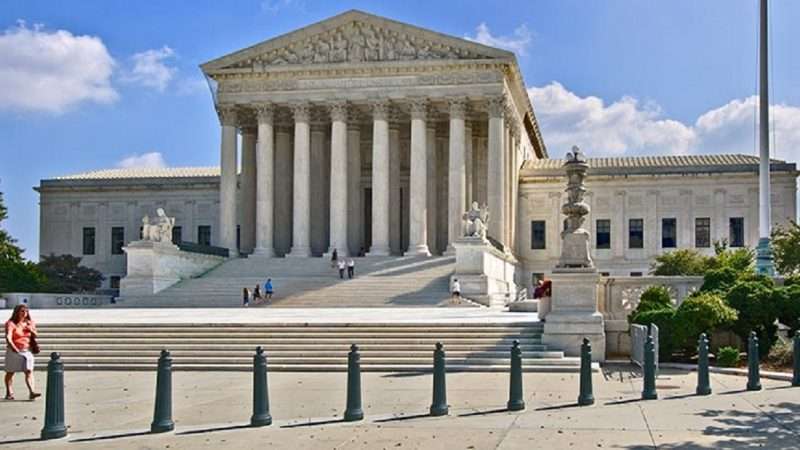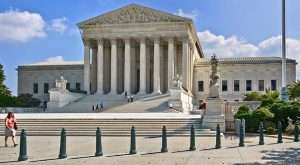

For decades, conventional wisdom has held that the Supreme Court is, on net, a force for centralization in the American political system. A new article I coauthored with political scientist Michael Dichio challenges that conventional wisdom. Our initial draft is now available for free downloading on SSRN. Here is the abstract:
This article examines the U.S. Supreme Court’s impact on centralizing and decentralizing power in the American federal system. Through an original database of nearly 700 landmark constitutional decisions, we show that the Court has contributed to the centralization of political power, defined in the traditional sense of expanding federal government authority relative to that of states and localities. But it has also promoted decentralization by protecting individual rights against state and local governments. The impact of the Court also tends much more toward decentralization if we classify decisions upholding federal laws against challenge, as neutral, rather than centralizing. These two crucial methodological points have been largely neglected in previous analyses of the Court’s impact on federalism and centralization. There are, in many situations, good reasons to adopt them. We also present multiple models for understanding how the Court affects federalism.
Our analysis calls into question the traditional picture of the Court as a consistent force for centralization. It also raises serious questions about the conventional wisdom on the impact of the Court on centralization during specific periods in American history.
This article grew out of my review, in Publius: The Journal of Federalism, of Michael Dichio’s excellent 2018 book, The US Supreme Court and the Centralization of Federal Authority. In the review, I suggested these two methodological changes. Michael reached out to me to see if we could do an article about them, and now we have done so! The article includes a detailed defense of those moves, and also includes a number of other innovations.
We don’t completely reverse the traditional conventional wisdom about the Court and centralization. But we do explain why it requires substantial modification, amounting to reversal with respect to a number of key issues.
This an early draft, and we look forward to modifying it in response to comments, questions, and criticisms.
The post My New Article on "Rethinking the Supreme Court's Impact on Federalism and Centralization" appeared first on Reason.com.
from Latest – Reason.com https://ift.tt/3g5RoVY
via IFTTT